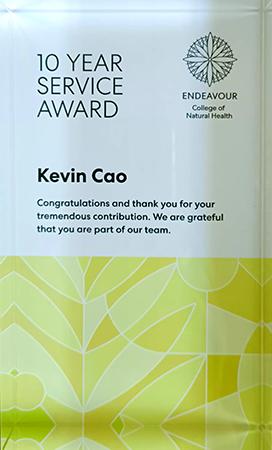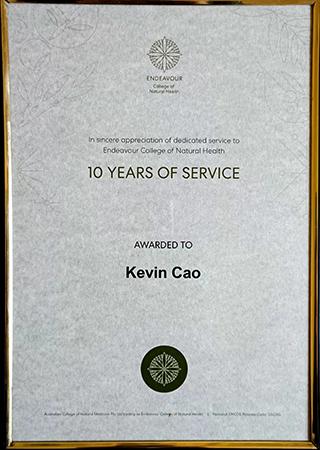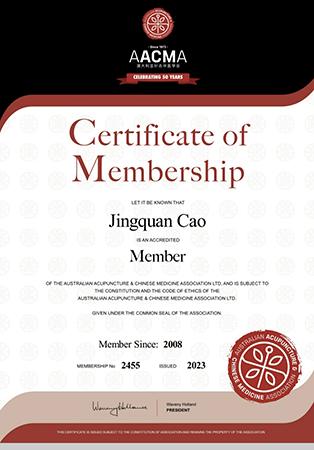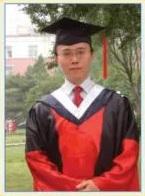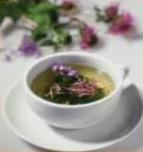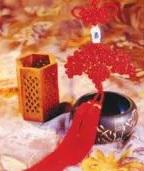Why Wellspring Acupuncture Clinic is your number one choice for acupuncture in Adelaide? Because Dr Cao has the following unique features:
One patient at one time
Every patient deserves 100% attention. You should be the absolute focus in your session. A full concentration is indispensable for analyzing the complicated symptoms & signs, observing the response to the treatment at each step, adjusting the treatment whenever it is necessary, minimizing any interruption or disturbance. So unlike many other clinics, here you will get your session time exclusively for you.
One fee for one session
For difficult and complicated cases, Dr. Cao may use multiple therapies together to accelerate the patient's recovery, such as cupping, moxibustion, scraping, patent Chinese herbs. But unlike most of others, you will NOT be charged with any extra fee in addition to acupuncture. Dr. Cao is happy to take more efforts purely for the best outcome of the patient, rather than for the extra charge.
One policy for one case
Each person is different. There is no universal treatment can be successful for all of the patients, even they share the same disease name. It is a very demanding task to find the subtle difference and design individual treatment plan for each case. With Doctor's Degree in Western Medicine and Master's Degree in Chinese Medicine, Dr. Cao has a global view in term of diagnosis and treatment. Also combining 25 years of clinical experience and 15 years of lecture career together, his profound theories and exquisite skills are second to none.
Welcome to Wellspring Acupuncture & Chinese Medicine Clinic
- Cupping
Tortured by severe pain? Even went to emergency room?
According to a clinical research in 2017, 1964 patients presenting to emergency departments in one of four tertiary hospitals in Melbourne with acute low back pain, migraine, or ankle sprain. They were randomised to acupuncture alone, acupuncture plus pharmacotherapy or pharmacotherapy alone. The outcome shows the effectiveness of acupuncture in providing acute analgesia was comparable with that of pharmacotherapy. Acupuncture is an acceptable form of analgesia.
How does acupuncture work?
Acupuncture and Chinese herbal medicine are part of Traditional Chinese medicine(TCM). Through at least 2000 years acupuncturists have successfully treated billions—literally billions—of Chinese people, including mighty Chinese emperors, for a wide variety of symptoms, conditions, injuries, and diseases. Today, these therapies are used throughout Asia, Europe, and North America. They are also becoming popular with Australians. They provide alternative solutions to individuals who prefer natural cures as a way of living.
The theory behind acupuncture's ability to treat pain and disease is based on an energetic model of the human body. Vital energy, or Qi flows through the body on specific pathways called meridians. Each pathway is associated with an internal organ. Pain or disease occurs in the body when there is a deficiency or an imbalance of the energy in the meridians. Acupuncture points are specific locations along the meridians. The insertion of a very fine needle at a given point has a very predictable effect on the energy that passes through that point, restoring balance in the meridian. Modern research has shown that acupuncture may increase circulation, reduce inflammation and trigger the release of endorphins – the body's own "feel-good" pain-relieving chemicals..
Acupuncture needles are solid and hair-thin. They are sterile, single-use and disposable. Therefore, there is no risk of contamination between patients.
Moxibustion & cupping are often used to compliment the acupuncture treatment. Moxibustion involves the burning of a Chinese herb to heat the acupuncture needle and/or the acu-point. Cupping is the application of suction cups to the skin in order to suck out toxins and accumulated stress and tensions.
Chinese Herbal Medicine
Chinese herbal medicine involves the use of substances from nature to regulate and normalise bodily functions. Herbs play a significant role in Chinese medicine. Most Chinese herbs are of plant origin (leaves, seeds, twigs, stems, roots flowers and fruits). Here, we dispense our herbal formulas in small pills or powdered granule form, that ensure your convenience.
Your Practioner--Dr. Kevin Cao
* Acupuncturist & Chinese herbalist registered by Chinese Medicine Board of Australia. Accredited by AACMA (Australian Acupuncture and Chinese Medicine Association, the leading national professional association of acupuncture and Traditional Chinese Medicine practitioners)
* Master’s Degree in Gynecology of TCM
* Doctor’s Degree in Rheumatology of Western Medicine (China Medical University)
* 25 years of clinical experience
* He has a particular interest in working with patients with Severe Pain, Mental Stress, Menstural/Menopausal issues & Fertility issues
For example: Headache
Neck and Shoulder Pain
Back Pain
Knee and Ankle Pain
Arm and Wrist Pain
Feet and Heel Pain
* Lecturing in Endeavour College of Natural Health since 2009 for the students studying for Bachelor's Degree in Acupuncture. His profound knowledge and exquisite skill has made him one of the most popular lecturer on Adelaide campus.
* Qualified for Health Fund Rebates.
He has been always focusing on how to improve the effective treatment of stubborn diseases. He utilizes his profound knowledge of Western Medicine to appreciate the value of TCM better.
He has never treated his patients just as a collection of symptoms and signs. He insists that the soul of TCM is differentiating the mechanisms beneath numerous and complicated symptoms. So he spares no efforts in finding the nuance of each case and providing direct treatment for the root of the imbalance. Each patient is treated with an individual approach, which he believes is the best opportunity for recovery.
How's your nose going today? Seasonal tips for hayfever(allergic rhinitis)sufferers.
Warm spring spells bad news for hayfever sufferers. It means flower buds and blooming trees. The allergy season is arriving earlier and earlier in the wake of global warming. Many trees and grasses are flowering sooner and for longer, creating more of the pollen which is the main trigger of hayfever. When people with hay fever are exposed to particular pollens, their body mistakenly thinks this is a threat and triggers an allergic reaction. Inflammatory cells quickly release mediators such as histamine and that’s when the symptoms kick in. Three million Australian adults – 15% of the population – struggle through spring and summer with watery eyes, running nose, itchy throat and the hallmark hay fever symptom, sneezing. If you're one of the millions of people who have seasonal allergies(also called hay fever and allergic rhinitis), it can make you miserable.
Common hay fever symptoms include:
- Blocked/runny nose
Severe hay fever symptoms may include:
- Facial pain caused by blocked sinuses
- Itchiness spreads from the throat, to the nose and ears
- Insomnia
Antihistamine and steroid are the most often used medicines for hayfever, but what if they don't work well or you really concern the side effects?
How Could Acupuncture Help hayfever?
Acupuncture may reduce sneezing, runny noses and itchiness of hay fever, Victorian trial finds
Researchers from RMIT and Monash universities conducted a trial to assess the effectiveness and safety of four weeks of acupuncture.
Patients were given 12 sessions of either a sham acupuncture treatment or the real version in the height of the hay fever season every year for a three-year period.
At the end of the four-week treatment they found symptoms of sneezing and itchiness of the ears were “significantly less severe” in the patients who received the real acupuncture.
It was also more effective in treating runny and itchy noses.
Patients who received acupuncture reported a boost in their quality of life.
One of the paper’s authors, Professor Frank Thien, head of the Respiratory and Sleep Medicine Clinical Research Unit at Monash University, said it was thought that acupuncture induced an anti-inflammatory response in the body.
The study, published in the Annals of Allergy, Asthma and Immunology, suggests that the long-lasting effects could prove useful if acupuncture was used a few weeks before the onset of the peak hay fever season to prevent unbearable symptoms.
So if you would like to enjoy the spring rather than hate it, you have another option now.
References
Marc M Cohen, De Villiers Smit, Nick Andrianopoulos, Michael Ben-Meir, David McD Taylor, Shefton J Parker, Chalie C Xue, Peter A Cameron. Acupuncture for analgesia in the emergency department: a multicentre, randomised, equivalence and non-inferiority trial. The Medical Journal of Australia, 2017; 206 (11): 494
Charlie Changli Xue, Anthony Lin Zhang, Claire Shuiqing Zhang, Cliff DaCosta, David F. Story, Frank C. Thien. Acupuncture for seasonal allergic rhinitis: a randomised controlled trial. Ann Allergy Asthma Immunol; available online 11 June 2015.
